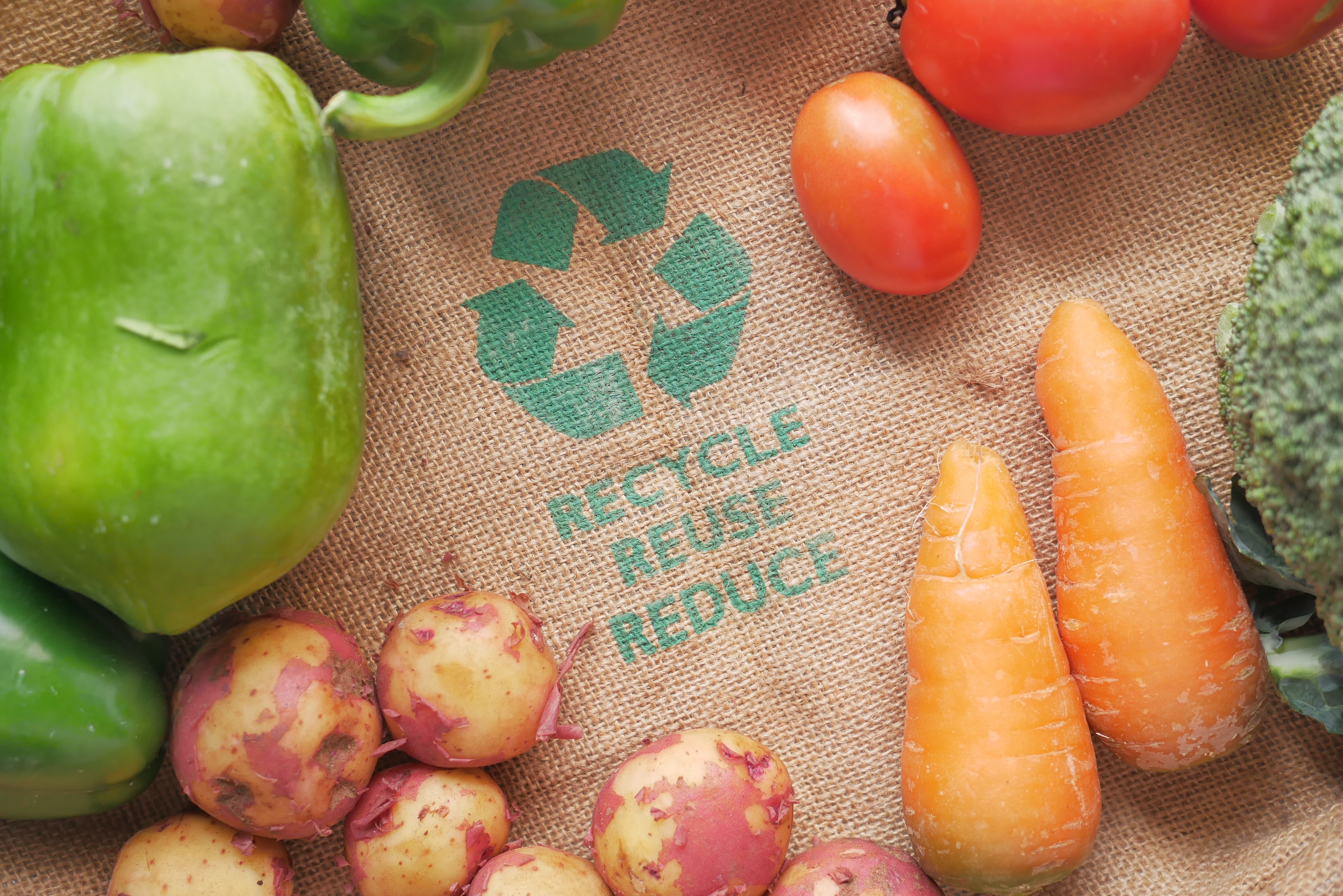June 08, 2023
Restaurants play a significant role in our daily lives, providing sustenance and social spaces. With this influence comes a responsibility to contribute to a sustainable future and make a positive impact on the environment. By adopting eco-friendly practices, restaurants can reduce their ecological footprint, conserve resources, and inspire customers to make environmentally conscious choices. In this blog, we will explore practical ways in which restaurants can contribute to the world environment and create a greener future for all.

One of the most impactful steps a restaurant can take is to prioritize sustainable sourcing of ingredients. By partnering with local farmers, fishermen, and suppliers who practice organic farming, responsible fishing, and ethical animal husbandry, restaurants can reduce the environmental impact of their supply chain. Supporting local producers not only reduces carbon emissions associated with long-distance transportation but also promotes local economies and fosters a sense of community.
Food waste is a pressing issue in the restaurant industry. By implementing strategies to minimize waste, restaurants can significantly contribute to environmental preservation. Accurate forecasting, efficient inventory management, and creative menu planning that incorporates surplus ingredients can help reduce food waste. Additionally, restaurants can explore partnerships with local food banks or initiatives that repurpose excess food, ensuring it goes to those in need instead of ending up in landfills.
Restaurants consume substantial amounts of energy, but there are several measures that can be taken to reduce energy usage and environmental impact. Implementing energy-efficient appliances, LED lighting, and programmable thermostats can result in significant energy savings. Staff training on energy-saving practices, such as turning off equipment when not in use and optimizing heating and cooling systems, can further contribute to energy conservation.
Proper waste management is essential for restaurants to minimize their impact on the environment. Establishing a well-organized recycling system ensures that materials such as glass, plastic, paper, and cardboard are appropriately sorted and recycled. Moreover, reducing the use of single-use items like plastic straws, containers, and utensils by opting for eco-friendly alternatives made from biodegradable or compostable materials can significantly reduce waste.
Water is a precious resource, and restaurants can make a difference by implementing water conservation practices. Installing low-flow faucets and toilets, fixing leaks promptly, and training staff on efficient water usage can help minimize water waste. Additionally, incorporating water-saving techniques in food preparation, such as using measured amounts and reusing water for tasks like cleaning, can contribute to conservation efforts.
Introducing plant-based and sustainable menu options can have a positive environmental impact. Plant-based dishes have a smaller carbon footprint compared to animal-based ones, as they require fewer resources for production. By sourcing seasonal, locally grown produce, restaurants can further enhance the sustainability of their menu while supporting local farmers. Educating customers about the benefits of plant-based choices and offering delicious, innovative plant-based alternatives can inspire them to make eco-friendly dining decisions.
Restaurants have a unique opportunity to raise awareness and educate customers about environmental issues. Using menu cards, signage, or staff interactions, restaurants can provide information about their sustainable practices, such as sourcing, waste reduction, and energy conservation. Engaging customers in the journey toward a greener future helps foster a sense of environmental responsibility and encourages them to make conscious choices both inside and outside the restaurant.
Restaurants have the power to be agents of positive change and contribute significantly to the world environment. By embracing sustainable sourcing, reducing food waste, optimizing energy consumption, implementing recycling and waste management systems, conserving water, promoting plant-based options, and raising awareness among customers, restaurants can lead the way towards a greener future. Each step taken towards sustainability not only reduces the environmental impact but also inspires customers, suppliers, and other restaurants to follow suit. By collectively embracing sustainable practices, the restaurant industry can make a substantial and lasting contribution to the preservation of our planet. Let us toast to a future where delicious dining experiences go hand in hand with environmental stewardship. Together, we can create a world where every meal is a celebration of sustainability.